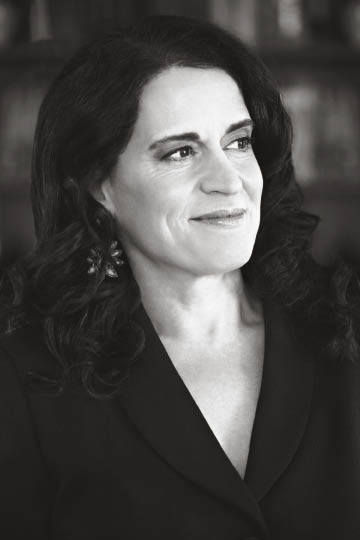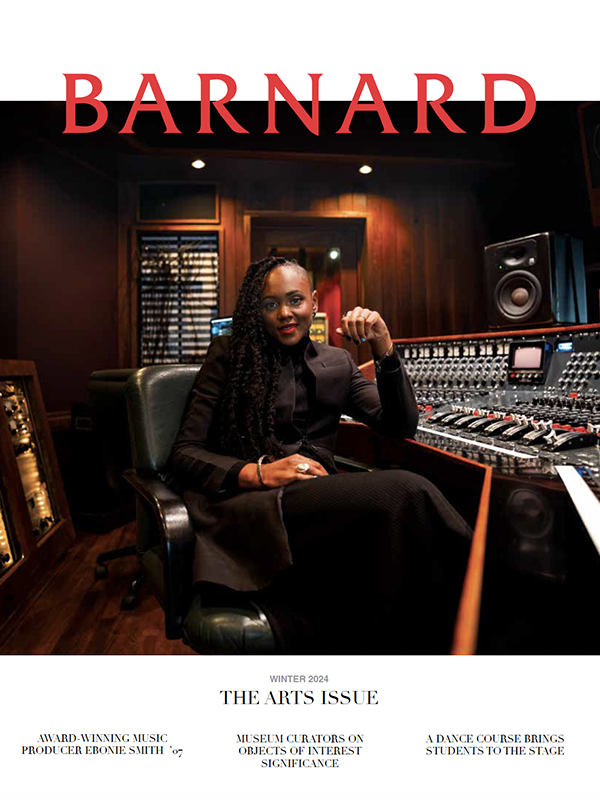 I went to college at a very boring time. The early 1980s were complacent and quiet, a moment when the country was slipping from the economic stagnation of the Oil Crisis years to the soon-to-be boom times of the Reagan Years.
I went to college at a very boring time. The early 1980s were complacent and quiet, a moment when the country was slipping from the economic stagnation of the Oil Crisis years to the soon-to-be boom times of the Reagan Years.
Students like myself were generally happy. We had good job prospects and no looming hints of war. Eastern Europe was showing early signs of what would soon be glasnost and perestroika; Western Europe was in the throes of building its union; and the poorest parts of the planet, led by China, were igniting excitement as the now-developing market. Closer to home, young women like myself were reveling in the host of opportunities that earlier generations had so recently bestowed upon us: the pill, Title IX, and reliable access to abortion. The biggest movement on my campus, Georgetown, was the tidal wave of support for our Big East basketball team, which won the NCAA championship in 1984 (Go Hoyas!).
Activism in those years was dead, a historical vestige of our parents’ college years. So I cheer-led in college, and studied, and played, but I never protested. Not once.
Today, by contrast, our campus—like hundreds across the country—is being hit by a wave of protests and activist demands. Students are advocating for fossil fuel divestment and transgender rights; for higher wages, safer spaces, and more inclusive campuses. Groups at Harvard and Yale protested their universities’ long-standing use of the word “master;” at Oberlin, students issued a list of 50 demands, including an end to gentrification and the renaming of four specific academic buildings.
Barnard has hardly been immune to these pressures, or isolated from student anger. Last year, our students were deeply involved in groups such as No Red Tape, which led the charge against gender-based misconduct on the Barnard and Columbia campuses. This year, our community has seen the rise of Divest Barnard (which is urging the College to divest our endowment from fossil fuels), Student-Worker Solidarity (which led the fight to increase the minimum wage on campus), and various groups committed to racial and socio-economic justice. The announcement of our Commencement speaker—usually a moment of joy and excitement—was met instead by protest, with both students and faculty arguing that Anne-Marie Slaughter (formerly director of policy planning for the U.S. State Department and currently CEO of New America) represented, in one student’s words, a “corporate white feminism [that] will alienate a large segment of the senior class.”
It is an interesting time, and a tough one. Some of the student demands are relatively straightforward: on April 13, for example, and following demands by various groups on campus, we announced an increase in student worker wages, from roughly $10 an hour to, by 2018, $15. Others, like fossil fuel divestment, are far more complicated. Under our current and long-standing arrangement, Barnard’s endowment is pooled with those of 13 other nonprofit organizations and managed by an independent financial firm. With this arrangement in place, we cannot unilaterally divest—from fossil fuels or anything—since we don’t control investment decisions. Without this arrangement (or something like it) our returns would almost certainly suffer, meaning less money to spend each year on crucial budget items like faculty salaries and financial aid. The students’ response is that no amount of financial return is worth investing in the companies that are driving climate change. But how can we compensate for these likely losses? What kinds of trade-offs are we willing and able to make? And how do we make a decision that will affect Barnard students for decades to come?
At moments like these, when campuses are tense and nerves frayed, it’s tempting to retreat to the outer edges of such debates—either to adhere entirely to the students’ demands (okay, no more fossil fuels) or to ignore them (tough luck, no divestment). But, as I urged the Class of 2016 at their graduation in May, the right way through this tangle—and indeed through any revolutionary moment—has to be via the messy, mucky route of engagement. It has to be about digging our hands into the problem, listening to all perspectives, and then working together to craft a solution that makes sense. It has to be about process, in other words, rather than just principles.
I think we will get there with regard to divestment, even though I don’t yet know exactly what “there” will look like, or what it will cost. I hope we will get there—more slowly, I suspect, and more painfully— with regard to issues of race and inclusion on campus. We currently have task forces working on both of these topics, with recommendations expected by early 2017.
Along the way, we will all be learning—about compromise, about listening, about moving across generations and mindsets to grapple with difference and work for change. The students will learn about structures and organizations, and about how best to translate principles into policy. And we—their teachers and administrators and parents and mentors—will learn about their hopes and fears, and about how to make at least some of their causes ours as well.
Which makes me miss the ’80s not at all.
